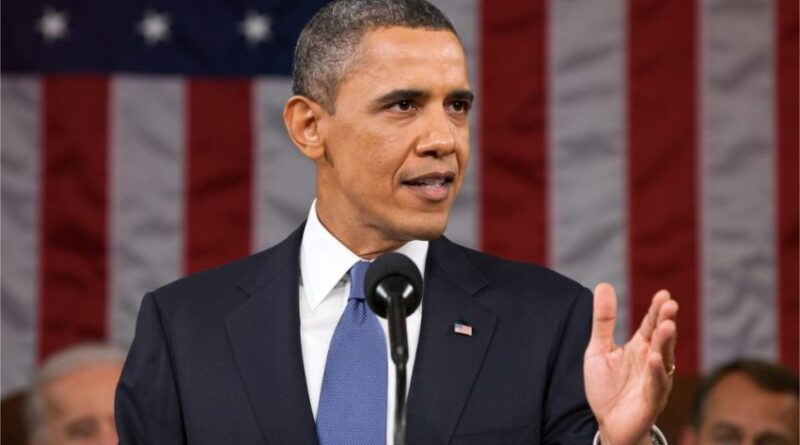Inside the Power Struggles A Comprehensive Analysis of Political Shifts and Trends
In an increasingly fragmented world, political power is being reshaped by a web of global shifts — from rising authoritarianism to the decline of U.S. dominance and the emergence of new strategic alliances. As governments realign their policies and interests, the world is entering a new era of multipolar power, marked by uncertainty, competition, and rapid transformation.
1. The Fall of the Unipolar World
For decades, the United States held a dominant position in the global order. But with internal divisions, economic competition, and inconsistent foreign policy, its grip on global influence is weakening. This has opened the door for countries like China, Russia, India, Brazil, and Saudi Arabia to assert more autonomy and challenge the West’s long-held geopolitical assumptions.
“We are seeing a transition from a U.S.-led system to a more contested, multipolar world,” says Dr. Lena Hoffmann, a global affairs analyst. “Power is no longer concentrated. It is shifting, diffusing, and often, clashing.”
2. Strategic Realignment in the Global South
Countries in Africa, Asia, and Latin America are increasingly asserting their own regional influence. India, for instance, has begun distancing itself from Washington amid trade tensions and instead reopened dialogue with China and deepened ties with Russia.
At the same time, Africa’s role is expanding, not just as a resource supplier but as a diplomatic actor. Regional blocs like the African Union are taking stronger stances on global issues, from climate change to economic sovereignty.
3. Economic Tools as Political Weapons
What used to be economic decisions — tariffs, supply chains, foreign investments — are now tools in geopolitical power games. The U.S., China, and the EU are all using “geoeconomic strategies” to weaken rivals and strengthen allies. This includes sanction regimes, tech bans, and strategic infrastructure funding through initiatives like China’s Belt and Road or Europe’s Global Gateway.
4. Authoritarian Cooperation and the Rise of Alliances
A loosely coordinated bloc of authoritarian-led nations — China, Russia, Iran, and North Korea — is gaining traction as a counterweight to Western liberal democracies. While not a formal alliance, their shared interests in undermining U.S. influence and avoiding Western sanctions have led to increased military, technological, and diplomatic cooperation.
Some experts have dubbed this the “Axis of Upheaval” — a coalition that prioritizes regime survival and regional dominance over global cooperation.
5. Multilateralism in Decline
Once a cornerstone of international diplomacy, multilateral institutions like the UN, WTO, and World Bank are losing credibility. Disagreements among major powers have stalled decision-making, and a growing number of countries are turning toward bilateral or regional deals instead of global frameworks.
The UN Security Council, in particular, has been unable to act decisively on ongoing crises in Ukraine, Gaza, Myanmar, and Sudan, highlighting the limits of global governance in today’s fractured world.
6. Democratic Backsliding and Polarization
Even in traditionally stable democracies, political polarization is eroding institutional trust. In the Global South, military coups, constitutional overhauls, and delayed elections are becoming more common. In the West, culture wars, extremist rhetoric, and misinformation have pushed politics into dangerous territory.
“Democracy is under pressure from within and without,” notes Prof. Samuel Adeyemi, a democracy researcher. “The systems meant to uphold freedom are now the battlegrounds themselves.”
Conclusion: A Tense, Transitional Moment
The world is navigating a critical juncture. The post-Cold War order is dissolving, but no clear successor has emerged. In this vacuum, national interests are taking precedence over shared values, and political power is becoming more contested and chaotic.
What comes next depends on how nations respond: through cooperation or confrontation, reform or retrenchment. One thing is clear — the power struggles unfolding today will shape the global landscape for decades to come.
